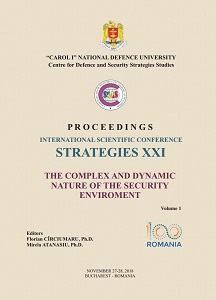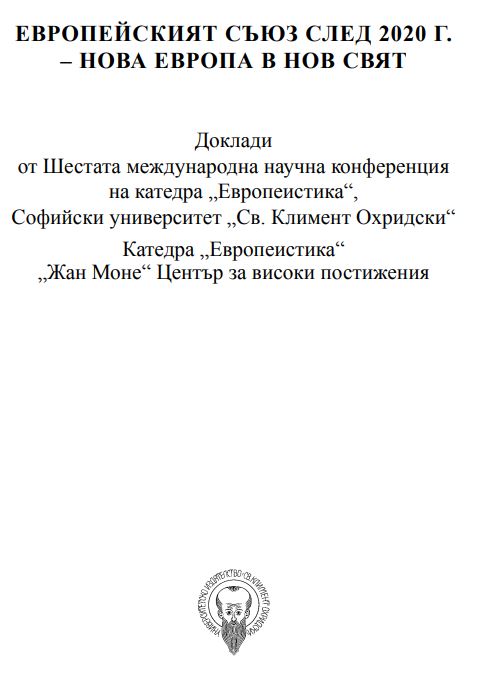
NATO COOPERATION AND PARTNERSHIP INITIATIVES ̶ VECTORS OF EUROATLANTIC SECURITY AND STABILITY
The 2010 Strategic Concept “Active Engagement, Modern Defence” is avery clear and resolute statement on NATO’s core tasks and principles, its values, theevolving security environment and the Alliance’s strategic objectives for the next decade.Based on its unique capabilities and operational experience, including expertise in civilianmilitaryinteraction, NATO can contribute to the efforts of the international community formaintaining peace, security and stability, in full coordination with other actors, such asinternational security organisation, state actors and non state actors, non-governmentalorganizations and private volunteer organizations.This paper intends to overview the most important areas of interest concerningcooperation and partnership initiatives that NATO established during its history, as well ascooperation’s influence over the Euroatlantic security and stability, based on the latestdevelopments in the field.
More...
